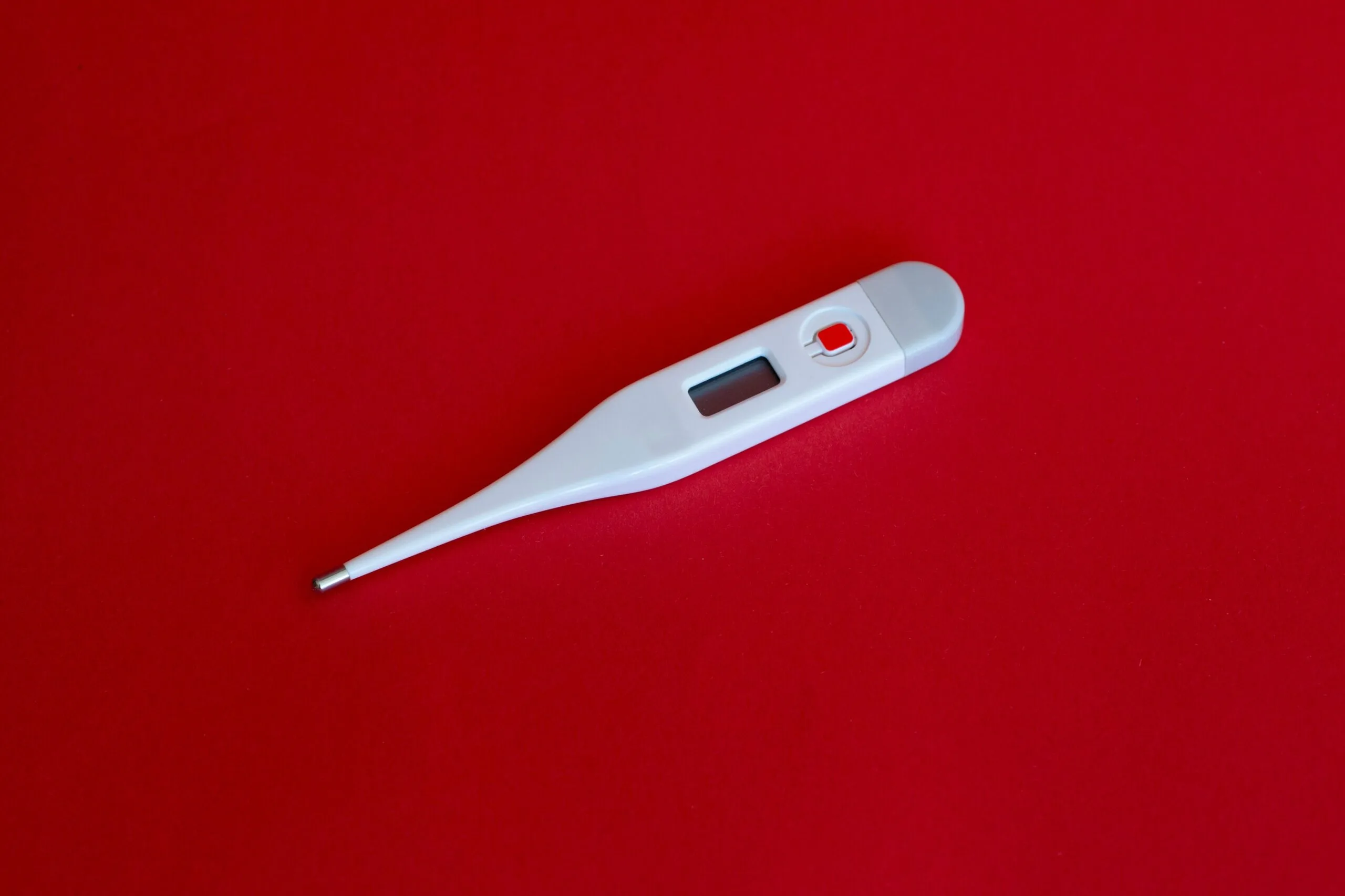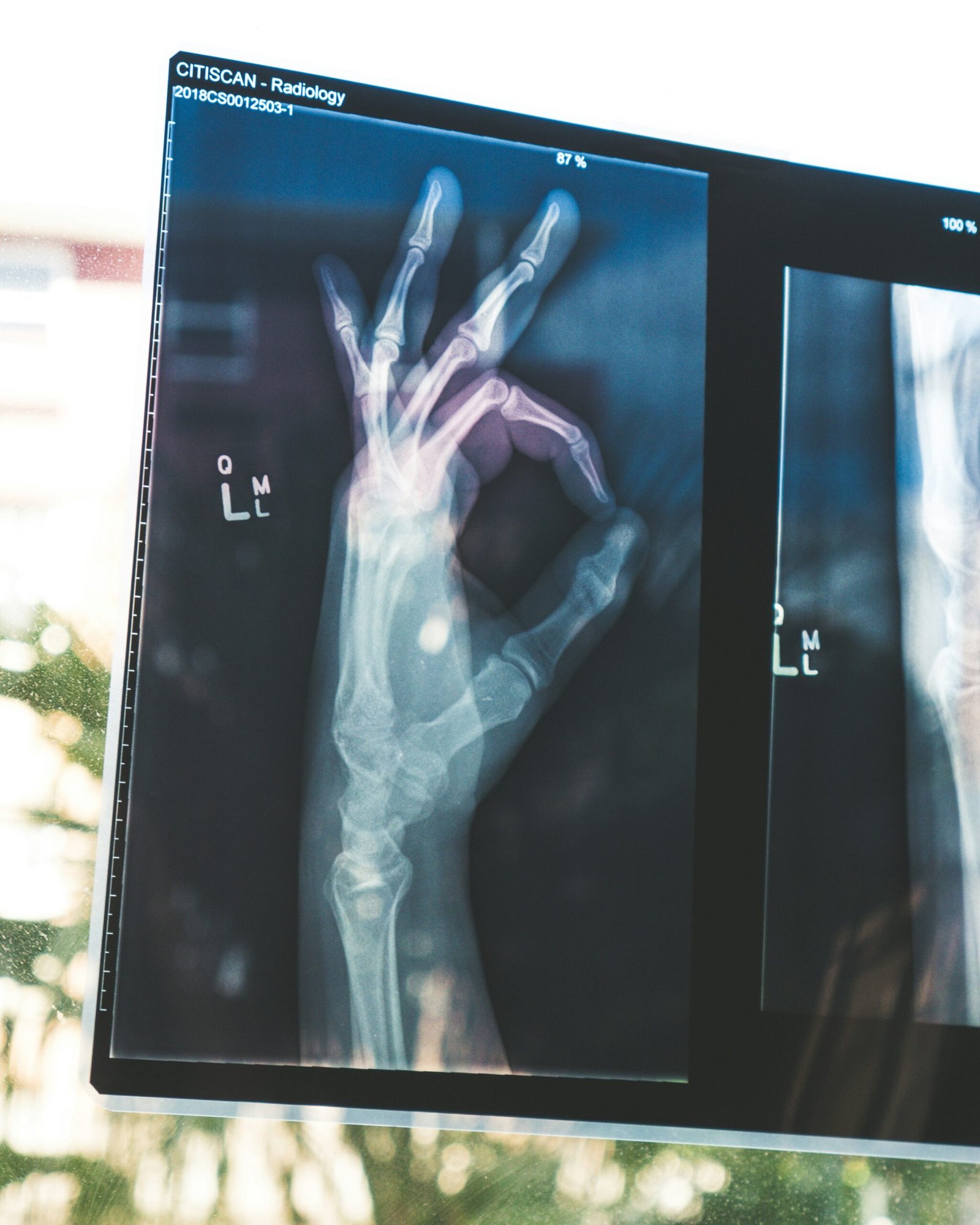Portacaths: Uses, Applications, and Benefits
What are Portacaths? Portacaths are small medical devices that are surgically placed under the skin to facilitate easy access to the bloodstream. These devics are chiefly employed for patients who require long-term intravenous (IV) therapy, such as those undergoing chemotherapy, continuous medications, or frequent blood draws. The port consists of a small reservoir connected to […]





